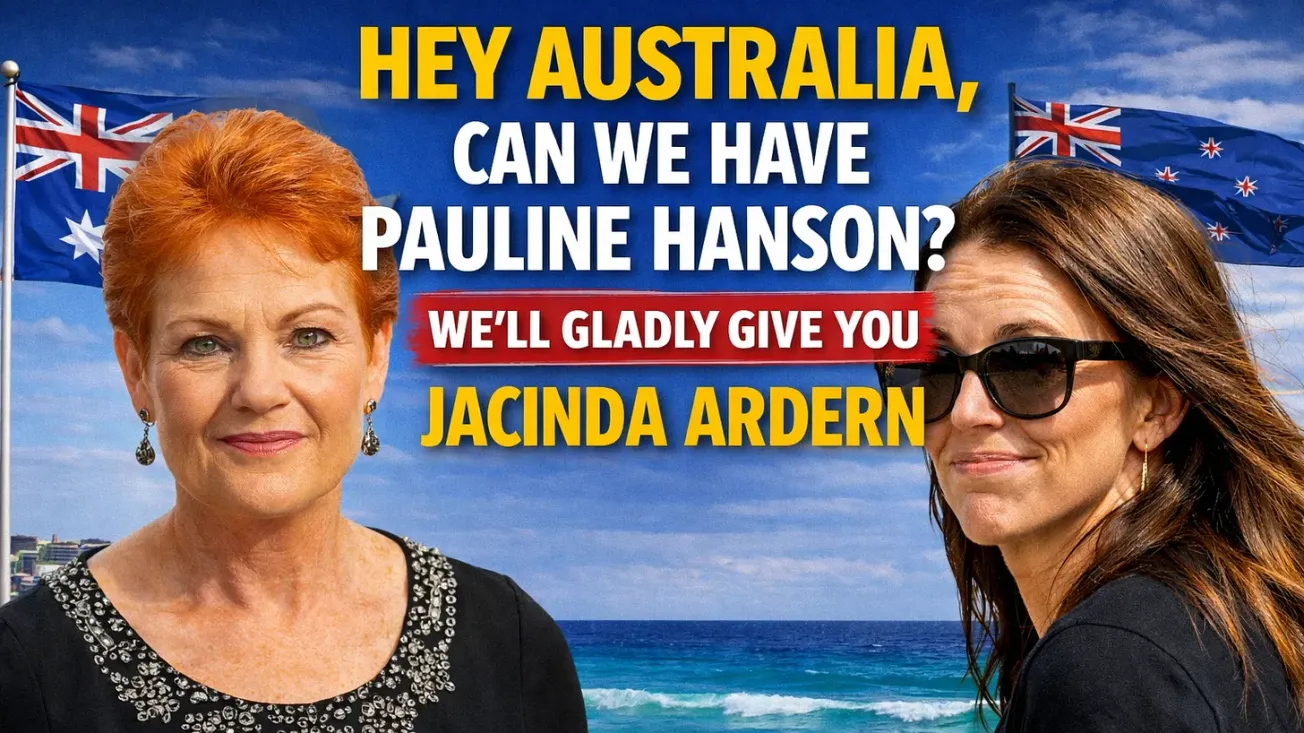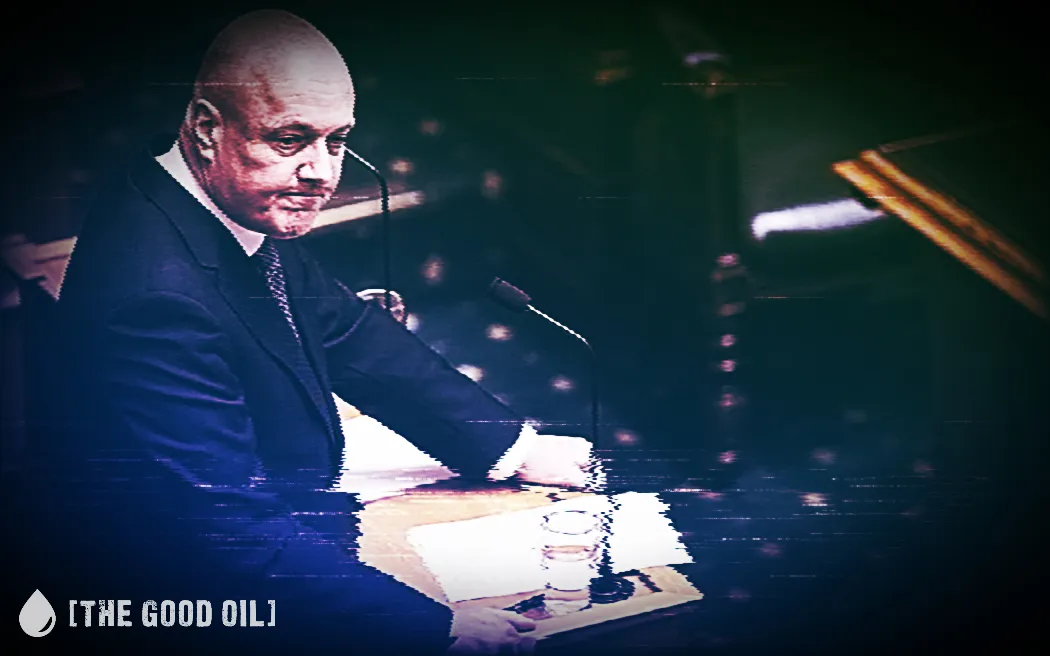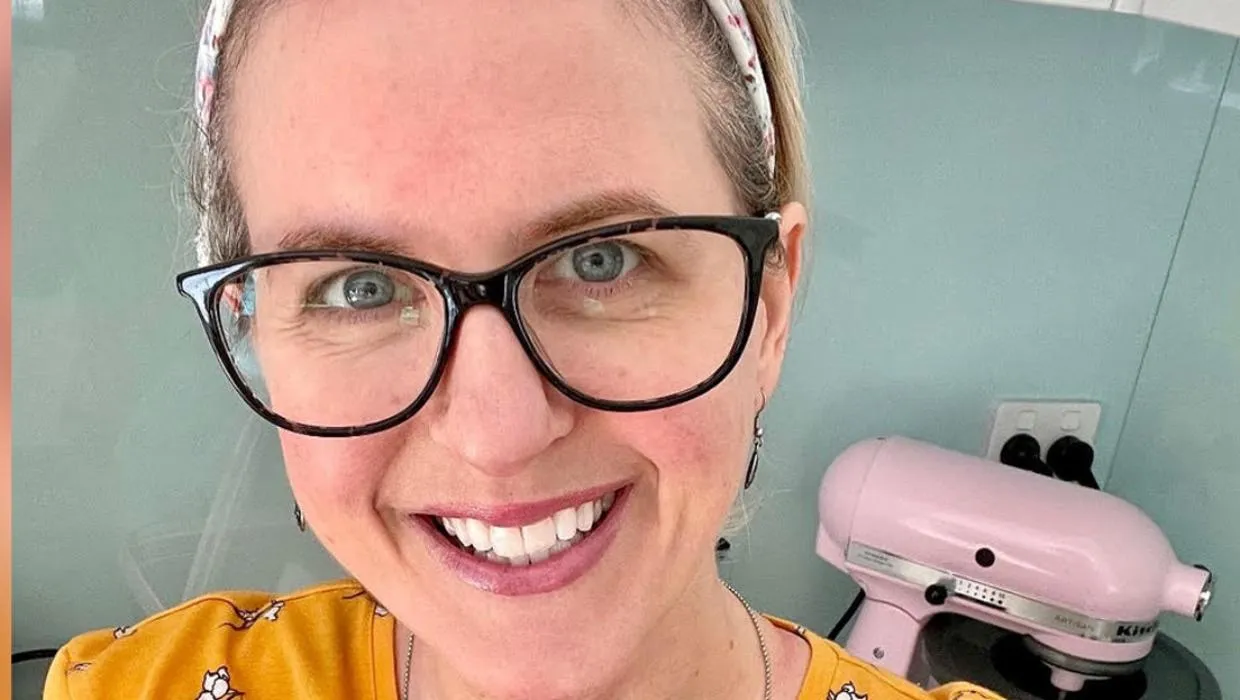Table of Contents
Jacqui Van Der Kaay
Jacqui Van Der Kaay is a former journalist, holds a Masters degree in Political Science from Victoria University of Wellington and has a specialist interest in political leadership, voter behaviour, immigration and how social media affects democracy.
Declining trust in New Zealand politicians should be a warning to them to lift their game. Results from the New Zealand Election Study for the 2023 election show that the level of trust in politicians has once again declined.
Perhaps it is not surprising that the results, shared as part of a presentation on Trust in Institutions and Democracy at Victoria University of Wellington, show that the levels of trust in politicians have continued their downward trajectory for the past three elections. The survey also revealed that the two major political parties (National and Labour) are less trusted than Parliament and the Government as a whole and that political parties in general are even less trusted than the two major parties.
The latest research also shows:
- 35 per cent of New Zealanders disagree that politicians behave with great integrity
- 40 per cent think that politicians only care about their interests
- 25 per cent disagree that politicians are working for the best interests of all of New Zealand
Mona Krewel, a senior lecturer at Victoria University, who presented the research, told the audience that while politicians had traditionally low levels of trust, if poor behaviour continues over time, it will erode confidence in democracy generally.
New lows?
There was a raft of high-profile ministerial level scandals in the lead-up to the last general, including former Justice Minister Kiri Allan’s arrest following a car crash in Wellington, former Police Minister Stuart Nash being sacked for several integrity breaches and former Transport Minister Michael Woods failing to sell shares in Auckland Airport despite being asked more than 12 times by the Cabinet Office to do so.
As I wrote in my chapter in Back on Track?, the recently published book about the 2023 election, it appeared that political integrity in New Zealand had reached new lows in the lead-up to last year’s election. However, somewhat astoundingly, the integrity issues in New Zealand’s House of Representatives seem to have gone from bad to worse.
This year has seen:
- Former Green MP Golriz Ghahraman convicted of shoplifting and resigning from Parliament
- Green MP Julie-Anne Genter crossed the floor to yell at National MP Matt Doocey, along with allegations of bullying by Genter outside the House.
- The ongoing saga of former Green MP Darleen Tana, for allegations of employment issues at her husband’s bike business, which is now under judicial review.
- National MP David McLeod not declaring donations of $178,000.
- Questions about Minister Casey Costello’s links to the tobacco industry
- Minister Shane Jones criticising the judiciary
- Questions about Associate Minister Nicole McKee’s links to the firearms lobby
Furthermore, there are now wider calls for controls around corporate lobbying, more transparency about the current ministers’ conflicts of interest, allegations of cronyism in government appointments to public sector roles, questions about broader political party funding for election campaigning and an investigation into donations made to Te Pāti Māori.
Now what?
The question is, what can be done? While Parliament appointed the first Commissioner for Parliamentary Standards in 2022, the role is limited to looking at bullying and harassment within the Parliamentary precinct. It recently appeared that no formal complaints about poor behaviour have been made to the commissioner. It’s somewhat surprising given some of the behaviour in the House in the last few years.
There are multiple players in integrity issues in Parliament. There are the individual and their personal values and integrity. There are the political parties who not only play a crucial role in selecting potential candidates but also in upholding the standards of their Members of Parliament, there’s the institution of Parliament which can take action against errant politicians, including referral to the Privileges Committee, and as mentioned above there’s the parliamentary commissioner whose role is limited to concerns bullying and harassment within Parliament.
Party funding can be investigated by the Electoral Commission, which can, if it considers appropriate refer cases to the police or the Serious Fraud Office. The media also has a role in holding the powerful to account. And there is, of course, the ultimate judge, the court of public opinion, when voters have their say on who represents them at election time.
Is there an opportunity for more? Does New Zealand need an independent corruption or integrity commission that can investigate both individual integrity issues and party issues such as funding and political appointments? Or is it time that individual politicians faced more immediate consequences for poor behaviour? Fines or a scale of punishment for those who misbehave?
New Zealand is not the only democracy facing these challenges. In the United Kingdom, the ongoing inquiry into the previous Government’s response to Covid-19 is uncovering some deplorable behaviour by those in charge during the pandemic, including former Prime Minister Boris Johnson. Australia, too, has its challenges, and it established a National Anti-Corruption Commission last year. Only time will tell the impact this has.
The ongoing number and breadth of integrity issues across all political parties demands change. Doing nothing will only cause voters’ trust in politicians and the institution they are part of to decline, along with voter participation, and this can only be bad for democracy in New Zealand.
This article was originally published by the Democracy Project.









